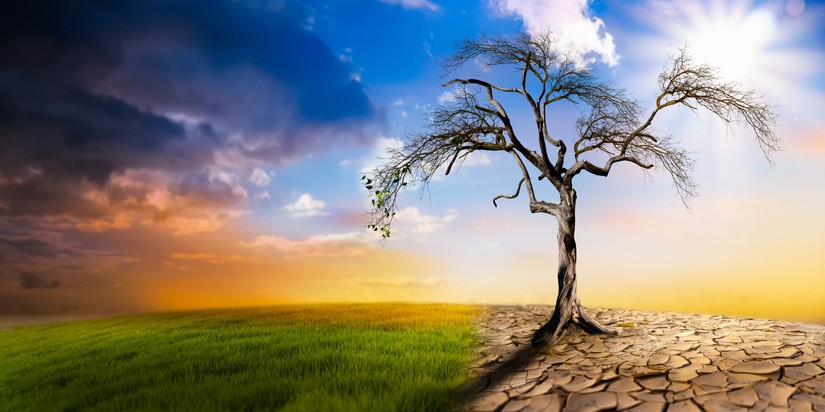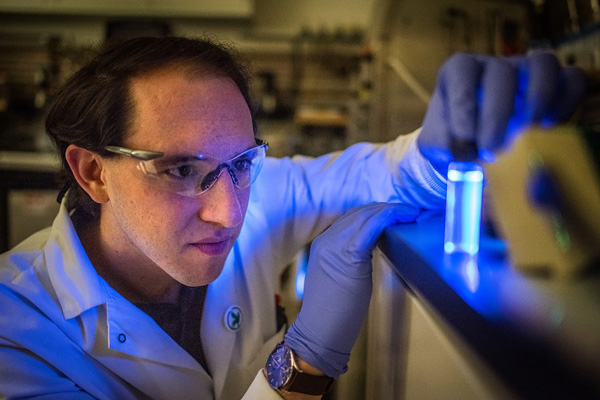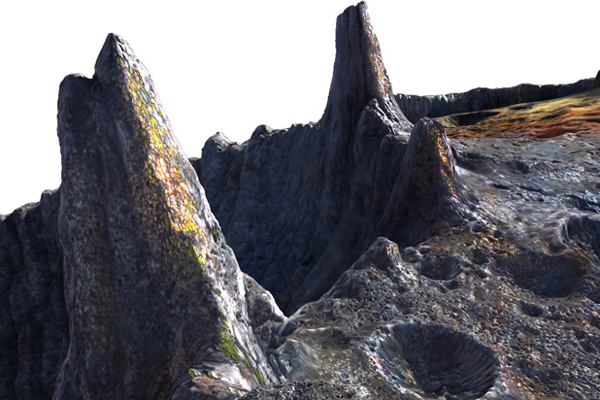
Downloads:
Climate refers to long-term weather and related natural events, including rainfall and storms. Over the billions of years of Earth’s existence, climate has changed significantly.
It is affected by the amount of energy arriving from the sun, the path of Earth around the sun, and the composition of the atmosphere.
Although the first two factors have changed over geological time, they have been quite constant in recent years. What has not been constant, however, is the composition of the atmosphere.
If we had no atmosphere, the average temperature of Earth would be near that of freezing water, 32 °F (0 °C). Fortunately, the atmosphere contains greenhouse gases (GHGs), such as CO2.
These gases absorb some of the sun’s energy and keep that energy from escaping into space. This Greenhouse Effect acts like a “blanket” to warm Earth to an average of about 55 °F (13 °C).
Recently, however, the concentration of greenhouse gases in the atmosphere has changed substantially. The concentration of CO2 has increased by approximately 40% in the past 100 years to the highest level in more than 1 million years.
This creates an Enhanced Greenhouse Effect, which acts like a second “blanket” and causes an increase in the average temperatures of the oceans and land.
Effects of Climate Change
This increase in the amount of CO2 has led to an increase in the Earth’s temperature by about 2 °F (1.1 °C). This may not sound like much, but the change has upset the balance that existed. For example, the higher temperature of the oceans has caused hurricanes to have more energy, which produces stronger and more destructive storms.
Higher temperatures mean that more water evaporates from soil, which increases drought conditions. The consequences of drought include a reduction in crop production and an increase in the number and intensity of forest fires.
Because more water is evaporated from a warmer Earth, the atmosphere holds more water. When it rains, the amount of rain is greater. This is another instance of upsetting the balance.
Consider a house plant that does well with watering once per week, but if you increase to twice per week, you may kill the plant or at least cause it to be stressed.
The increased temperature also affects crop growth. Plants develop based on the temperatures of their particular locations. When the temperature changes, the existing types of plants may have reduced productivity.
A critical change due to the warming Earth is the increased melting of glaciers and ice. This has led to rising sea levels, which could have major consequences for the hundreds of millions of people who live on or near the coasts.
Ice also has the advantage of reflecting sunlight into space. With less ice, less solar energy is reflected.
Another factor contributing to the problem of climate change is that a small amount of carbon dioxide dissolves in water.
The increased concentration of CO2 in the atmosphere causes more to be dissolved in the oceans. This change in the oceans’ chemistry is harmful to some living creatures such as coral.
Causes of Climate Change
For more than 150 years, humans have removed fossil fuels—coal, oil, and natural gas—from Earth and burned them to produce energy. Unfortunately, these substances were created from the fossils of living plants and animals and hidden from the atmosphere for millions of years.
When a fossil fuel is burned, it adds carbon that has been out of the system for eons. This increase in atmospheric CO2 is the primary cause of climate change, though there are other GHGs, such as methane (CH4). In 2022, the release of CO2 by human activity increased by an estimate of 1% to a new record high amount of CO2 emissions.
Questions on Climate Change
A number of years ago some scientists thought that the change in climate was due to nonhuman factors, such as the amount of energy coming from the sun.
At present, however, the role of burning fossil fuel by humans has been shown to be the primary cause of climate change to a high degree of certainty.
The true story of climate change is clear, what we do about it is open for discussion. Two things are certain, one is that all of us has a part to play, and the other is we must all take action.








